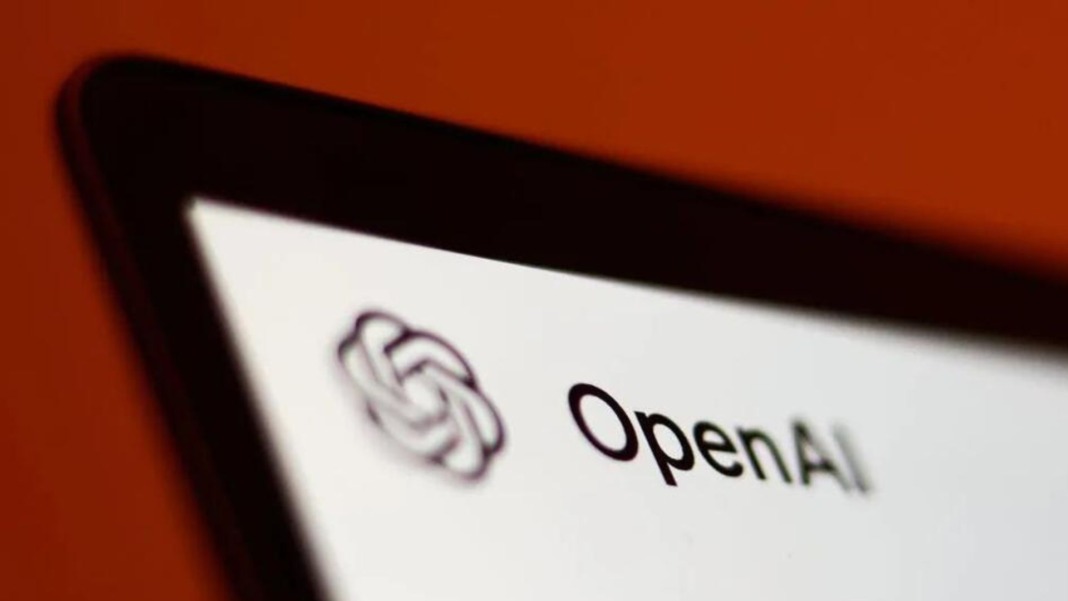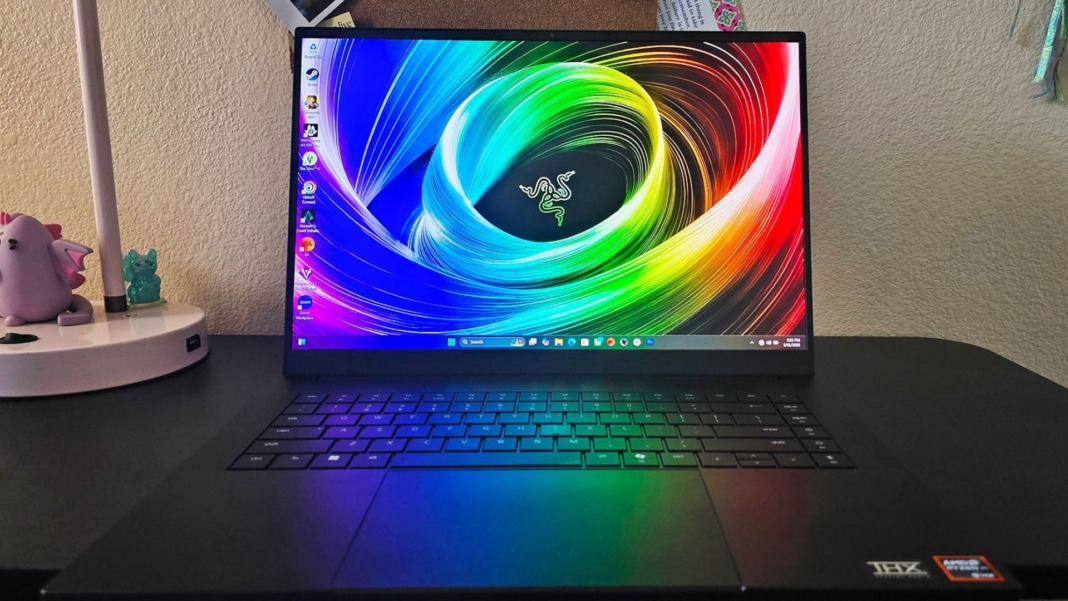You’re not alone if you’re wondering why OpenAI decided to buy Windsurf for a massive US$3 billion. Many people in the tech world were asking the same thing—especially when OpenAI had already backed Cursor, a fast-growing coding assistant made by Anysphere. So, why skip Cursor and move on to Windsurf?
OpenAI did try. According to a report by CNBC, OpenAI approached Anysphere not once but twice—first in 2024 and then again early this year. The talks didn’t go far, and no deal was made. Instead, Anysphere went in another direction. As Bloomberg revealed last month, the company is discussing raising funds with a staggering valuation of around US$10 billion.
So, while OpenAI had early ties to Cursor through its Startup Fund, the company ultimately turned its attention to Windsurf—another rising star in the coding assistant space.
The growing race to own code-generation tools
If you’ve been following OpenAI’s moves, it’s clear the company is taking the code generation space seriously. Buying a company like Windsurf isn’t just about expanding its portfolio—it’s about securing a strong position in a market that’s becoming more competitive.
According to a February report, Windsurf has been showing solid growth, with an annual recurring revenue (ARR) of about US$40 million. Conversely, Cursor is far ahead financially, reportedly bringing in US$200 million in ARR—five times more than Windsurf.
Still, OpenAI seems eager to act quickly. Even though it recently launched its coding tool—Codex CLI, a command-line interface for writing and editing code—the company appears to be betting on a faster route to growth. Buying a company with a working product, users, and revenue might give OpenAI the boost it needs to compete with other players in the space, like GitHub Copilot and Amazon CodeWhisperer.
Cursor’s valuation made a deal less likely
You might be wondering why OpenAI didn’t try harder to strike a deal with Anysphere, given that Cursor is more profitable. The answer likely lies in Anysphere’s sky-high valuation.
With a US$10 billion price tag, it’s possible that OpenAI thought the cost was too much, especially for a company that had already made some investments. By contrast, the US$3 billion deal with Windsurf might have seemed more reasonable, even if the revenue numbers were lower. It’s a classic case of weighing cost against potential return.
And let’s not forget—Anysphere seems happy to go alone now. Its high valuation suggests confidence in its product and growth, and the company may believe it doesn’t need to be bought out to succeed.
What this means for you
This news matters if you’re a developer or someone interested in the future of AI coding assistants. It shows that OpenAI is not just testing the waters—it’s diving in. The company wants to dominate this space and isn’t waiting for its in-house tools to gain popularity.
Whether you use Cursor, Windsurf, or Codex CLI, expect more updates and improvements in the near future. The race to be the top coding assistant is heating up, and companies like OpenAI are willing to spend big to win.





